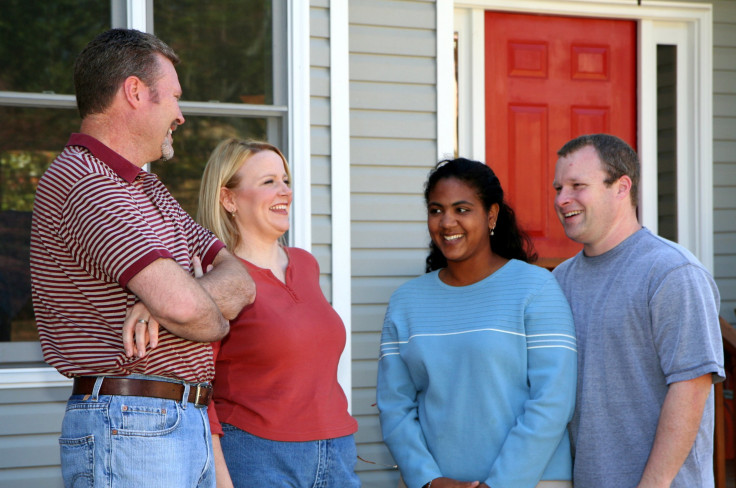Risk Of Heart Attack May Be Lowered By Up To 17 % For Those Who Live In Areas With Friendly Neighbors

Neighbors are good for a lot of things. They can feed your cats when you’re on vacation, lend you a cup of sugar when you’re baking a cake, and according to a new study, lower your risk of experiencing a heart attack. Results of the observational study showed that simply living in a close, friendly neighborhood may be enough to reduce your risk of heart attack by up to 17 percent.
Countless studies have shown that neighborhoods with higher densities of fast food outlets, increased levels of violence, more noise, drug use, and building disrepair often have residents with poor cardiovascular health. However, showing the opposite, that living in a friendly neighborhood with close social interaction can have positive health affects, is a bit much more difficult. In the study published in the British Medical Journal, researchers enlisted 5,000 American adult volunteers with no known health problems over a period of four years. According to a recent press release, the volunteers were periodically monitored for their heart health.
Prior to the study, the volunteers were asked to rate how much they felt a part of their neighborhood on a seven-point scale. Questions such as if they felt they could ask a neighbor for help, whether they trusted their neighbor, or if they felt their neighbors were friendly, were presented to the volunteers. Factors such as race, age, gender, income, marital status, educational level, and underlying mental and physical health issues were also taken into account.
After the four-year period, 148 of the 5,276 participants experienced a heart attack; 66 were women and 82 men. Using this data, researchers concluded that perceived neighborhood friendliness may be intrinsically tied to one's likeliness to experience this serious health condition. Volunteers who reported positive perceived social cohesion reduced their risk of heart attack by 17 percent. "Perceived neighbourhood social cohesion could be a type of social support that is available in the neighbourhood social environment outside the realm of family and friends,” the authors explained.
According to the American Heart Association, a heart attack occurs when the blood flow that brings oxygen to the heart muscles is either severely reduced or completely cut off. In United States, someone is believed to experience a heart attack every 34 seconds. If you don’t particularly get along with your neighbors you needn’t despair. There are other ways to help lower your risk of heart attacks.
Lifestyle chances can be even more effective in lowering your risk. Risky heath behaviors such as drinking alcohol and smoking cigarettes are associated with some of the highest risks of heart attacks. Cutting out these habits is likely to do far more than a friendly neighbor could ever do for your cardiovascular health. Eating right and making sure you get enough physical exercise in your day can also do wonders for heart health, according to the American Heart Association.



























